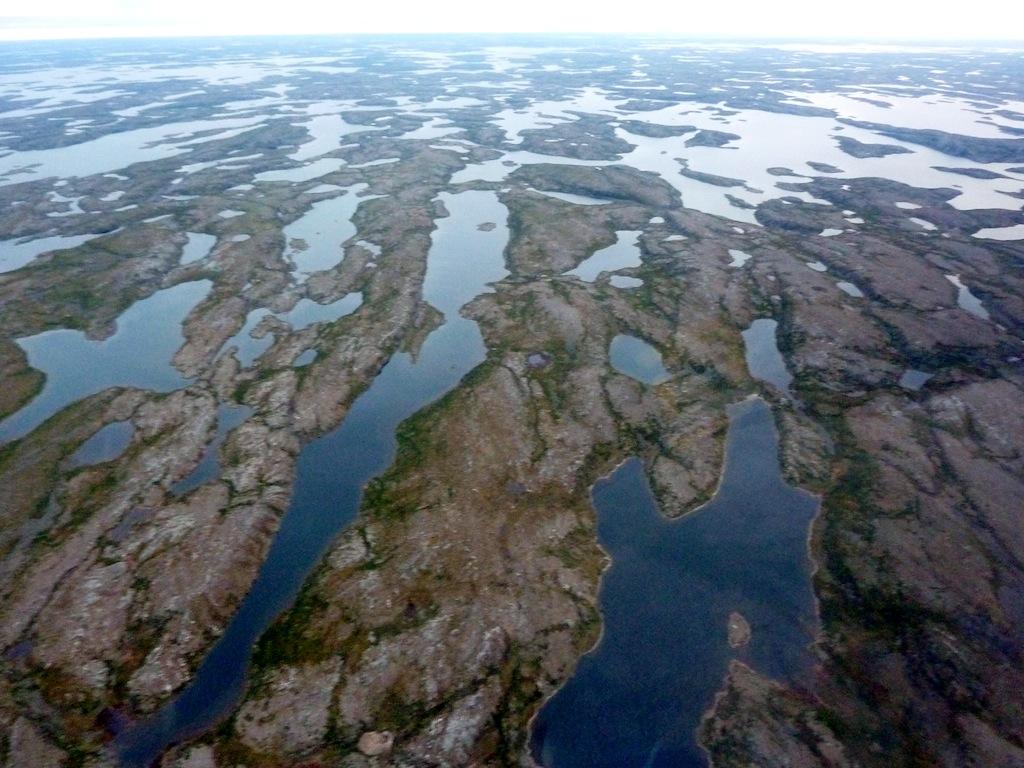Meteor in Quebec nearly 13,000 years ago helped kickstart civilization
A new theory posits that a meteor collision in Quebec 12,900 years ago caused our climate to change and sparked modern civilization.
A new study claims that a meteor or asteroid crashed into Quebec 12,900 years ago, ushering in an era called the "Big Freeze."
The climate cooling caused by the crash saw the Earth develop a chillier and drier climate, the authors say.
This massive incident may have led to the growth of modern civilization, including the disappearance of various large animals like mastodons, the growth of sedentary farming communities and a large change in the diets of our ancestors.
Dartmouth researchers have posited their revolutionary theory in the face of a long-held belief that the cooling climate was due to the melting of the North American ice sheet.
The icy water was said to have affected oceans, which in turn changed weather patterns.
Yet these scientists say that this, in fact, was not the case.
What actually happened, the Dartmouth team suggests, was a meteor strike followed by fires and dust, causing a glacial collapse — a theory that has been gaining traction in recent years.
More from GlobalPost: European men taller than 100 years ago, study finds
They reached their conclusion by studying pieces of molten rock from an asteroid that crashed into Earth — though the site of impact has still not been found.
"It may well have taken multiple concurrent impacts to bring about the extensive environmental changes of the Younger Dryas [Big Freeze]," said study author Mukul Sharma, in a press release.
"However, to date no impact craters have been found and our research will help track one of them down."
The study was published in the journal Proceedings of the National Academy of Sciences (PNAS).
We want to hear your feedback so we can keep improving our website, theworld.org. Please fill out this quick survey and let us know your thoughts (your answers will be anonymous). Thanks for your time!
